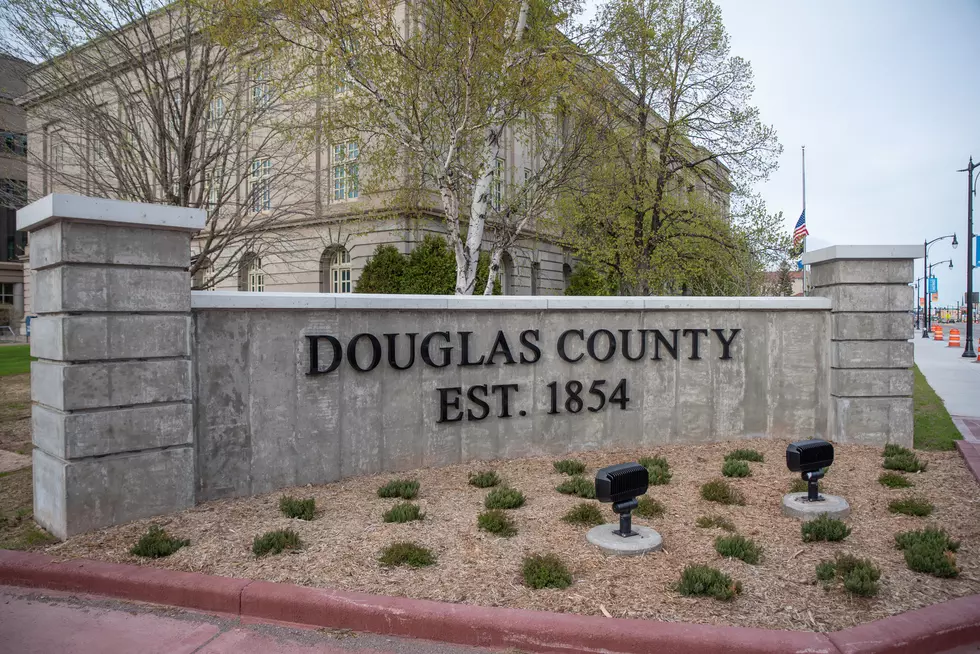
Douglas County Explores Selling Carbon Credits To Generate Income
A forty year commitment to "business as usual" could prove to generate millions of dollars for Douglas County. Those funds would directly hit the bottom line to offset the cost of operations - and could potentially translate into a reduction of the burden on taxpayers.
At their December 15 meeting, the Douglas County Board authorized the path forward for the county to sell carbon credits to businesses. An article in the Superior Telegram [paywall] details that the Board "granted authorization....for the County Board Chairman and Director of Natural Resources and Forestry to negotiate a deal that would allow the county to sell forest carbon credits to the highest bidder".
The timing and the plan is right.
With the market value pricing on carbon credits, Douglas County could expect to "generate as much as $35 million" off of the deal. Those rates have gone up significantly over the past year; carbon credits traded for "as little as $8 per credit" a year ago and now "[t]he county could expect to sell its forest credits for $12-$15 per credit".
And the demand for market credits is rising as well. Buying carbon credits is a way for large corporations to offset their resource usage, giving them "an opportunity to tell their customers and shareholders that they value the environment in a tangible way".
The carbon credits would be sold against county forest land. Jon Harris, Director of Forestry and Natural Resources for Douglas County explains that "about 220,000 acres...qualify for the program". The large size of the county forest land is one item that attracted a lot of interest from carbon credit management companies.
Out of the companies that sought the chance to develop the carbon credit program, Douglas County chose Anew of California - which was previously known as Bluesource. That decision came due to the fact that "they were one of the only developers willing to go along with the county's main objective to continue managed forest practices in addition to selling carbon credits an to continue to manage its forest utilizing timber sales".
While the county would expect to generate a sizeable amount of income off of selling the carbon credits, those timber sales are important as well. Timber sales generate about $4 million annually for Douglas County.
The deal allows for the best of both worlds for Douglas County and its taxpayers: The carbon credit sale will allow for a sizable revenue potential without having to change it's operations much at all: "The American Carbon Registry, where Douglas County's credits would be sold, only requires a 40-year commitment to manage the forest." In addition, the county can not "remove or cut more than [they're] growing"; but Harris suggests that that is something they've never done before as part of their timber harvest practices.
The county anticipates having a finalized agreement in place to start selling carbon credits by the time of its next Board meeting.



